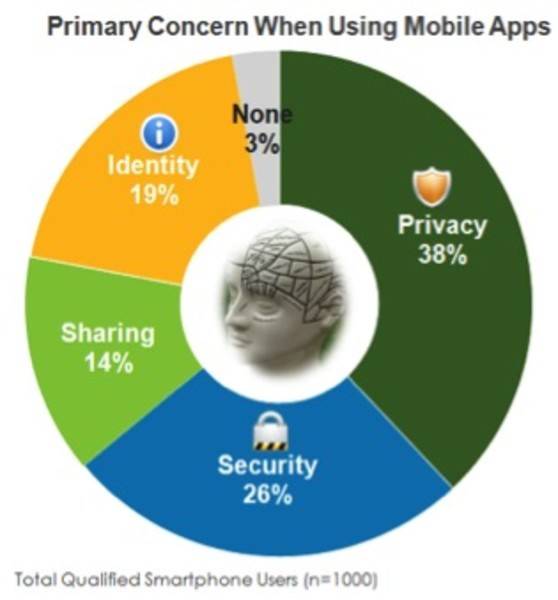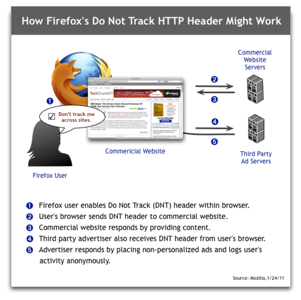We’re now over halfway through 2011 and it’s been another year of technology disruption. This time last year, the focus was on Apple’s groundbreaking iPad and the impact it had on how we consume media. This year, the big story has been Google Plus. The reason Google’s new social network has shaken things up has been its focus on your privacy.

This is the first in a 5-part series looking back on the significant trends of 2011. Below we review the happenings in privacy this year; including Google Plus vs. Facebook, controversies over smartphones tracking your location data, and new browser features that protect your privacy.
Google Plus Puts Pressure on Facebook’s Privacy Policies
Google Plus launched at the end of June, taking specific aim at one of Facebook’s ongoing problems. Privacy has been a controversial topic for Facebook ever since it started changing its users’ sharing defaults to public in December 2009. It’s also difficult to selectively share things to groups of people from within Facebook.
Google Plus solved both of those issues, with a simple yet ingenious feature it calls “circles.” With Google Plus the default publishing option is still ‘public,’ but it’s very easy to override that for each post you do. Secondly, Google Plus allows you to publish your update only to certain circles of people. If you are posting a photo of your child, for example, you can publish it exclusively to your family circle.

These are significant changes to the social networking world and Facebook will likely have to respond by adjusting how it deals with privacy.
Regarding the ‘default to public’ setting, both companies actually want this – for the simple reason that it enables more advertising options. The difference is in ease of control for the user: in Google Plus it’s easy to control what is public and what’s private, but in Facebook it’s difficult. Google Plus will force Facebook to give the users more control.
Also expect Facebook to enable selective sharing by the end of this year, with a similar feature to circles. Perhaps it will be nearly identical in function.
Concerns Over Location Tracking Smartphones
In April, Alasdair Allen and Pete Warden [disclosure: the latter used to guest post for this blog] highlighted that the iPhone is keeping track of where you go and storing that information in a file that is stored – unencrypted and unprotected – on any machine with which you synchronize your phone. In a blog post, Allen noted that “neither Pete nor myself think there is any sort of conspiracy going on, however we’re both worried about this level of detailed location data being out there in the wild.”
Soon after, we reported that Android phones were tracking your location too. A security researcher in Sweden discovered that smartphones running Google’s Android operating system are tracking users’ locations and storing that data in files on the phone. However, unlike the file found on the iPhone, this data is overwritten as the files become full. Accessing them also requires full administrator privileges (aka, “root” access) to the device in question.

Finally, it was discovered that Windows Phone 7 collects user data too.
Regardless of the intentions of Apple, Google and Microsoft, it’s clear that users don’t want their locations to be tracked. According to a study by TRUSTe, an Internet privacy service provider, 77% of respondents said that they don’t want to share their location with app owners and developers. Nielsen published similar findings.
Browsers Highlight ‘Do Not Track’ Features
Prompted by an FTC suggestion to protect consumers’ privacy, this year we’ve seen the top browser manufacturers all come out with new ‘do not track’ features. The main reason is to give users the ability to opt out of online advertising – kind of like the ‘Do Not Call’ registry for phones.
Microsoft first unveiled its plans for a ‘Do Not Track’ feature for IE9 back in December, shortly after the FTC made its announcement. It was released in February this year. In January, both Firefox and Chrome announced ‘Do Not Track’ features.

Those have been just some of the highlights of a busy year so far on the online privacy front. By the end of the year, we expect to see more developments in social network privacy – as Facebook responds to the challenge set down by Google Plus.
Let us know in the comments about other privacy developments that you’re tracking.










